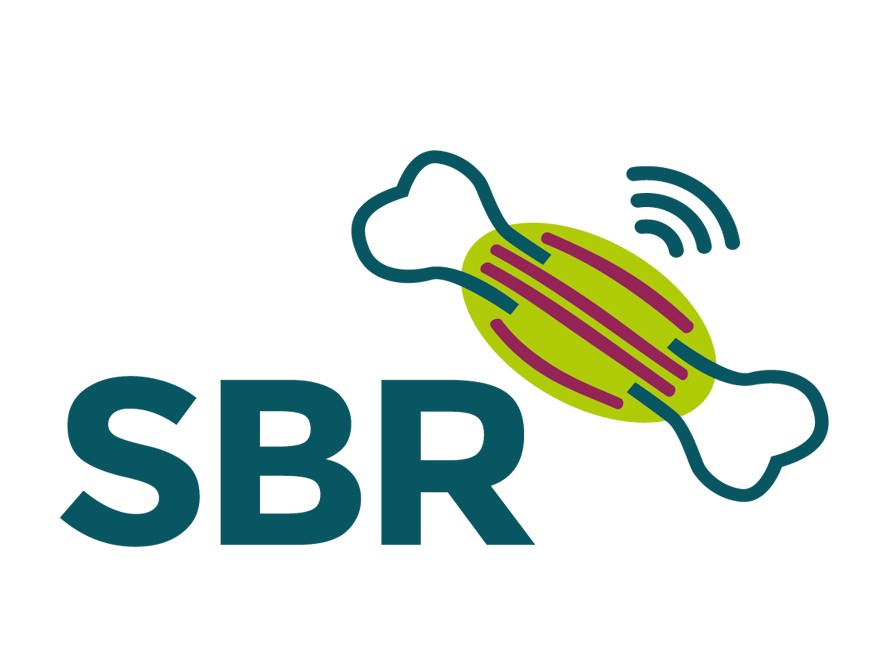Novel Regeneration Techniques for Large Bone Defects: Launch of EU Research Project SBR
Demographic change and age-linked conditions such as osteoporosis and related fragility fractures pose a significant burden on European healthcare systems. The annual healthcare costs associated with fractures and impaired healing are expected to increase by 23% by the year 2030 (according to the International Osteoporosis Foundation). In order to achieve permanent and well-integrated repairs and significantly improve the patients’ quality of life, bone grafting techniques are of growing importance in surgical practice. Currently available methods are either using bone originating from the patient (autograft) or donated / synthetic bone (allograft). While autografts offer ideal compatibility, they are often not suitable for large bone defects, and allografts suffer from potential rejection by the patient’s immune system. The interdisciplinary research consortium SBR has now set out to improve state-of-the-art interventions by combining a smart implant with innovative tissue-engineering methods, i.e. in-vitro programming of stem cells and bioactive agents. The solution will contain 3D-printed polymer parts enriched with electrospun fibers that can be customised according to the individual patient’s physiology, pathology and gender. The framework design will ensure easy placement and include adjustable sensors for post-operative monitoring of e.g. pressure, pH value and temperature. The smart implant will thus be able to provide vital information of implant performance in terms of bone growth and infection/inflammation. “Our approach will also be minimally invasive in terms of clinical routines and workflows,” says Professor Sophia Antimisiaris from the University of Patras, Greece, who coordinates the project together with her colleague Professor Elias Panagiotopoulos. “As the rigid frame simply clips into place around the bone defect, the system is designed to complement existing practices rather than replacing them. We will also prioritise training opportunities and cooperate closely with the practitioners’ community to ensure that the novel solution reaches the clinic.” Within the project lifetime of four years, the in-vivo proof of concept of the SBR solution will be tested in preclinical studies. In the long term, the innovation has the potential to be used in isolation during fracture fixation and become a platform technology for bone conditions at different anatomical sites, including the jaw, spine and pelvis. The SBR consortium comprises ten European partners from France, Germany, Greece, Spain, Switzerland and the UK. On 5-6 February 2020, they come together for the official project kick-off in Patras, Greece. *** PROJECT KEY FACTS Title: SBR – Smart Bone Regeneration Start: 1 January 2020 Duration: 48 months Budget: 6,379,337.50 € Coordinator: University of Patras, Greece Website: www.smart-bone-regeneration.eu PROJECT PARTNERS • Asphalion SL, Spain • CSEM Centre Suisse d’Electronique et de Microtechnique SA, Switzerland • EURICE – European Research and Project Office GmbH, Germany • GenesInk, France • Klinikum Rechts der Isar, TU München, Germany • LEITAT – Acondicionamiento Tarrasense Associación, Spain • OZ Biosciences SAS, France • Rescoll, France • University of Leeds, UK • University of Patras, Greece CONTACT Project Coordination: University of Patras Prof. Elias Panagiotopoulos Phone: +30 2613603555 E-Mail: epanagi@upatras.gr Prof. Sophia G. Antimisiaris Phone: +30 2610962332 Mail: santimis@upatras.gr The SBR project has received funding from the European Union’s Horizon 2020 research and innovation programme under Grant Agreement No 874896.



